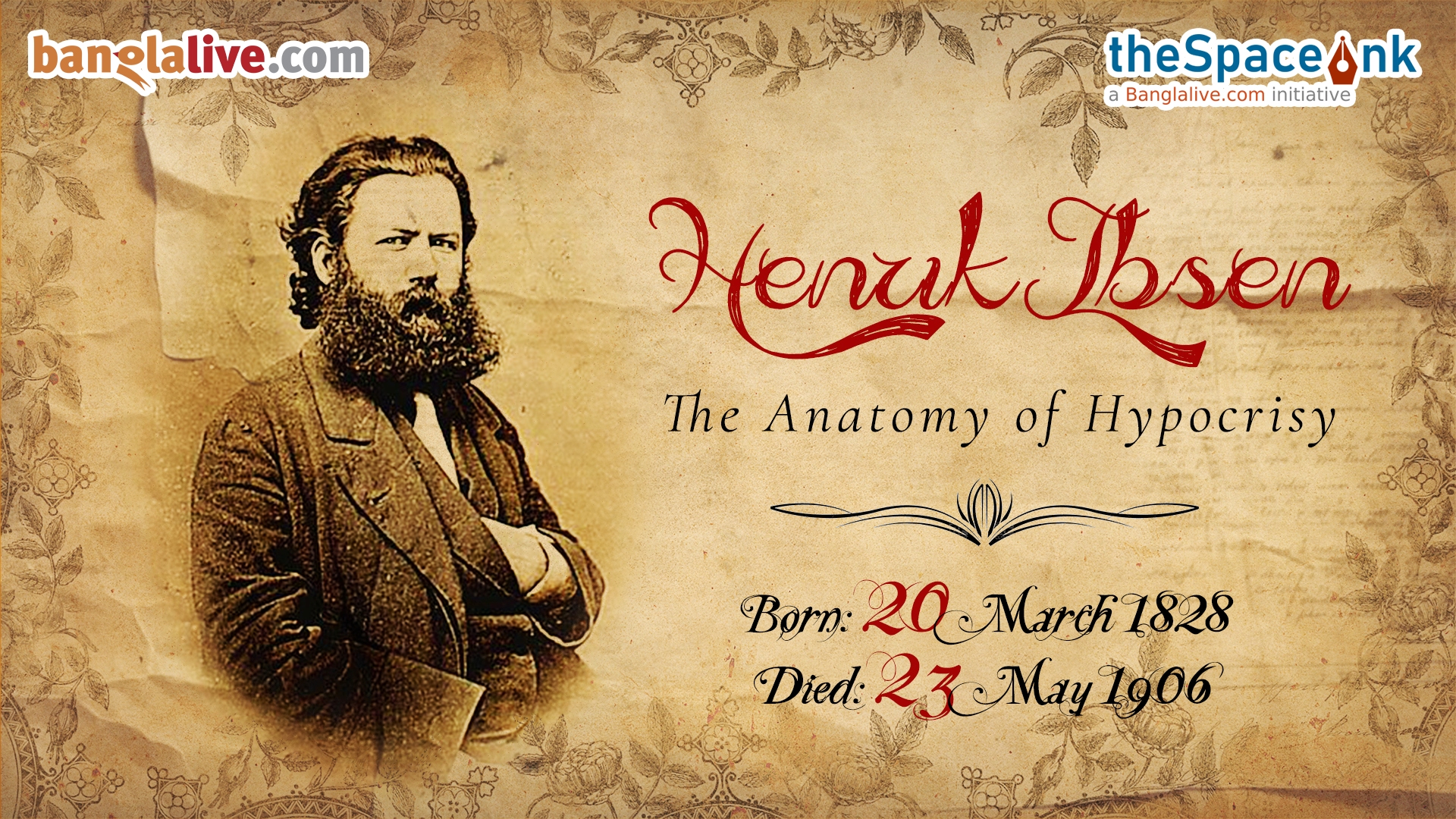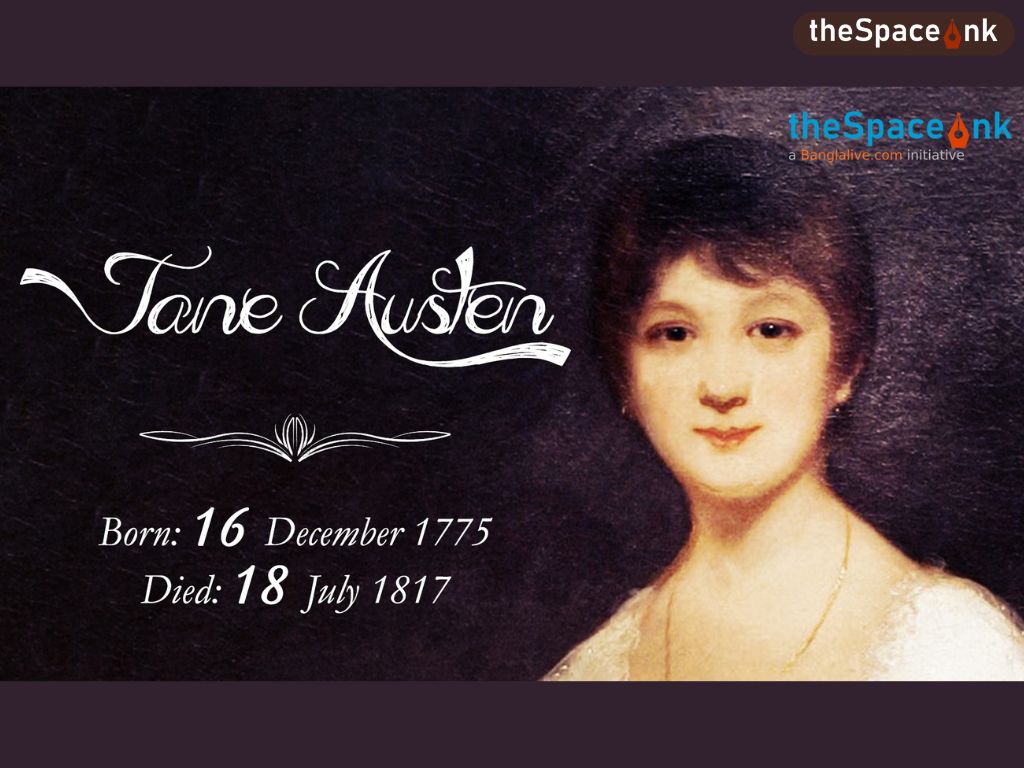“Ibsen was the first to see the social problems of his time with a clear eye and unflinching gaze. He was the dramatist who shattered the conventions of his age and revealed the struggles of the individual against oppressive structures.” This is how Virginia Woolf recognizes Ibsen’s writing style and genius, a man who critiqued the functioning of traditional conventions in Western society.
Born on March 20, 1828, in the prosperous port town of Skien, Henrik Ibsen belonged to a family of merchants who held considerable power and wealth in Telemark since the mid-1500s. At the age of seven, Ibsen’s father began suffering from major loss of fortunes that compelled them to move to their summer house in the primitive town of Venstop. Ibsen left home in 1843 and moved onto his many endeavours and travels.
Henrik Ibsen’s writing was profoundly influenced by the 19th century socio-political stirrings in Europe. The stark realities of poverty and social decay that he witnessed with his personal transition from affluence to a commoner had a pivotal role to play in the making of Henrik Ibsen as prolific writer. This motivated him to possess an egalitarian worldview, democratic ideals and scientific temperament that allowed him to move beyond the native sensibility and establish a dialogue with the rest of the world despite living in a small town. All such factors contributed to the realism in his dramatic oeuvre.
Video: Remembering Virginia Woolf’s A Room of One’s Own
One of Ibsen’s most ardent critics, George Bernard Shaw, wrote:
“Ibsen is the man who opened the eyes of the world to the tyranny of middle-class morality, the decay of the family, and the existential straitjacket in which society has encased itself.”
Ibsen’s realistic plays compel one to rethink the idea of maintaining the status quo, dogmas, and beliefs that bind people to their stereotypical role. Ibsen was greatly moved by Georg Brandes, the forerunner of modern breakthrough and Ibsen’s addressal of taboo subjects – sex, disease and the burdens of inherited guilt – can be referenced from his influences through his lens of modern realism.
“The sins of the father shall be visited upon the son.” is an eminent line from Ghosts that echoes the generational transmission of trauma and moral corruption. Ibsen’s characterizations of women are novel with its confident, bold and independent women critiquing the conventional patriarchal values. Mrs. Alving becomes Ibsen’s mouthpiece with her choice of books like that of Emile Zola, Georg Brandes, Strauss that enlightened her in the formation and realization of her identity. Ibsen critiques the celebration of duty through his characters and stresses on the search of joy in life in all its variants.
His portrayal of women as protagonists—particularly in works like A Doll’s House and Hedda Gabler—challenged the accepted roles of women as passive, domestic figures, advocating instead for their right to self-determination.
Henrik Ibsen passed away in 1906 at his home in Kristiana after suffering a series of strokes. “I am not an artist in the service of the state, nor the church, nor the family. I am an artist who wishes to seek the truth, no matter how painful or discomforting”, this statement reflects Ibsen’s focus in life and his writings. Through his writings he penetrates the social skin and the tragedy of modern times that continues to sway our intellect even today.








